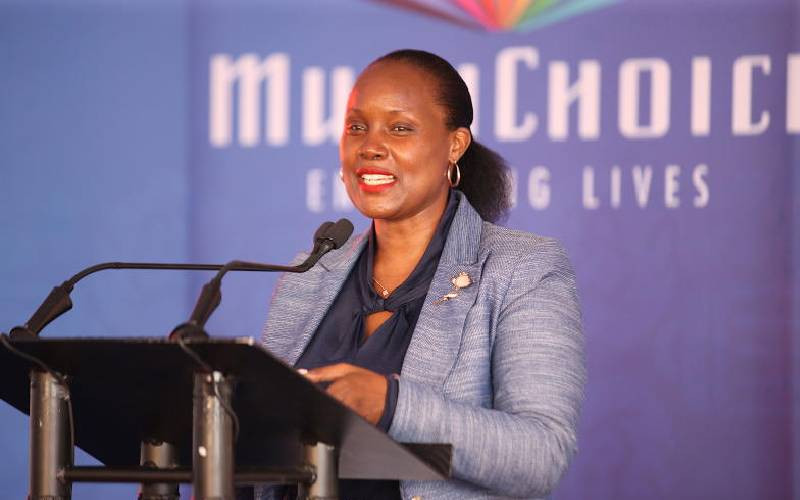×
The Standard e-Paper
Smart Minds Choose Us

Earlier this year, American streaming giant Netflix announced that it had lost 200,000 subscribers for the first time in more than 10 years, raising fears that the lucrative business model that has disrupted the entertainment industry could be facing a plateau.
In a letter to shareholders, Netflix blamed the slowdown in growth on the low uptake of smart televisions, increased competition from traditional TV and new streaming service providers and password sharing among users that erodes overall revenue.